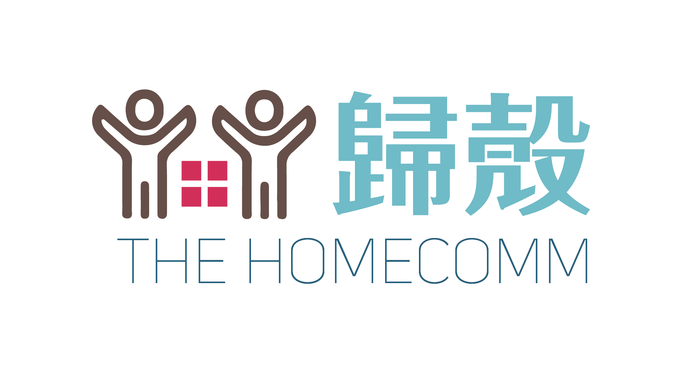| Our project idea is to renovate vacant government dormitory buildings and turn them into low-rent housing cooperatives for exclusively students and the homeless. In doing so, we hope to - Utilize existing idle social resources - Provide residence with a reasonable living condition and affordable rents to the homeless - Help to alleviate fears youths may have of the homeless - Empower, educate and energize homeless people through their exchange with the young people - Cultivate young people’s sense of community and awareness of social issues - Widens the community's imagination of the supply of housing |

- What social issue / problem will the project tackle?
Our goal is to alleviate the existing homelessness issue as well as housing problem in Hong Kong. Also, the project will also tackle the issue of social integration, by eliminating the discrimination against homeless people and prejudice against young people.
- How is the project different from other projects addressing the same social issue / problem?
Most homeless shelters in Hong Kong are temporary and transitional in nature; some cannot even afford to provide a decent living space to the homeless people; while none of them was intended for facilitating social integration. Our main goal is to provide a co-living space to encourage long-term interaction and deepen the connection between students and homeless people. Both student and homeless residents are required to cooperatively manage the house themselves through calling regular meetings, doing administrative works, exchanging skills or doing chores together. HomeComm is not just another temporary shelter or dormitory for the residents -- it’s where they find home, it’s where they build a community together.
- Who will benefit if the project is implemented?
As we have suggested, the homeless can live in a decent environment with students, so they can communicate and understand each other more, thus facilitating social integration and connection. Not only can the homeless find a clean and safe shelter in HomeComm, but also build long term relationships with university students, which may help the homeless in terms of career and affiliation. Meanwhile, university students may be able to know the situation of the homeless in a more all-rounded way, minimizing their potential discrimination towards the homeless or even build relationships with people from more diverse backgrounds. Also, with all the house management duties and labors, students can learn to live independently and cultivate a sense of responsibility.
In HomeComm, residents need to attend house meeting every month, elect their own house management board by one person one vote, and complete 4-6 hours assigned labor (ranging from dinner cooking to house cleaning) every week in order to keep the house running.
Residents are allowed to stay in HomeComm up to four years. After four years, they will “graduate” from HomeComm and move out as if students graduating from university.


